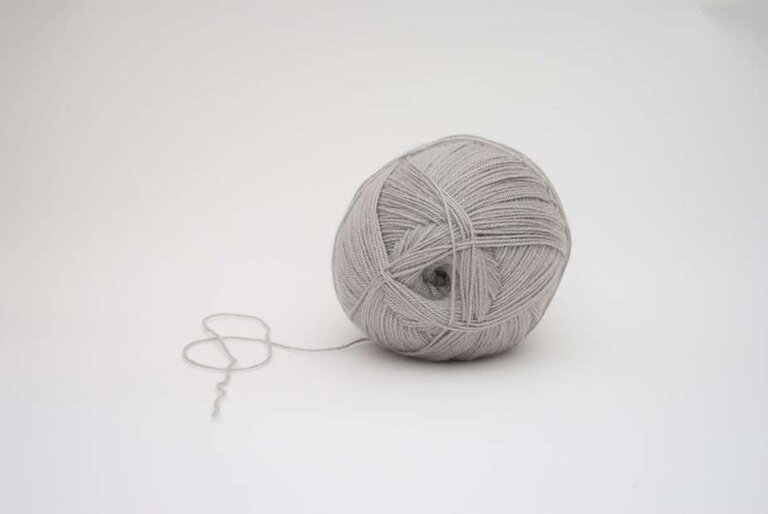The attack of the Red Pen
As a former English teacher, I am all too familiar with the particular siren’s song of the vicious Red Pen. It’s a weapon that is as empowering to the wielder as it is devastating to the victim. Nothing quite strikes fear into the heart of a fledgling writer like the red ink of a Bic Ballpoint, smeared violently across composition paper that was once pristinely, through perhaps trepidatiously prepared like a sacrifice to the angered gods of grammar and all things “correct.” Dizzying circles around misspelled words. Savage slashes through superfluous qualifiers. Ghoulish commas, periods, and dashes that seem to follow no pattern of reason.
You get the point.
Once the damage is done, the writer is left with a stinging sense of failure in this act of terror disguised as a “lesson” on writing. I mean, how many writers do you know who took the mutilated corpse of their essay (or poem, or story) and dissected each transgression marked by the Red Pen? Carefully considered all dangling modifiers and misplaced prepositions in an attempt to redeem themselves through the act of revision?
No. Instead, we crumple up this cold reminder of our failures and leave it where all unworthy writings go to die–the recycling bin. You could line up all the abused compositions of the history of public or private education and make a path to the moon eighteen times and back. Ask any English teacher.
That’s why, several years into my teaching career, I laid down the Red Pen, thanks to some good advice from a colleague, and changed the way I looked at writing instruction entirely. I had to stop working for my students as their copy-editor. Neither of us wanted me to do that job in the first place. In other words, instead of tearing the writing apart, I had to focus on developing what was already there. If I was going to evaluate someone’s writing, it was just as important for me to identify strengths as it was to identify weaknesses. Maybe even more so.

Identifying the Characteristics of Writing
When you start to identify a writer’s strengths and you can communicate what the writer is doing well, it changes the entire relationship. If you are a writer who fixates on the weaknesses you see in your own writing, you may decide it would be more productive to change your relationship with yourself. That doesn’t mean you need to forgive all weaknesses, but rather isolate and target them. In order to do that, you need to understand something about the different characteristics of writing.
Ideas
This is where it all begins for a writer, whether it’s a stroke of genius, a lightning bolt of inspiration, or an overdue assignment that just needs to get done. Sometimes the idea arrives fully formed. Other times, it’s a vague impression. Regardless, it takes some development to bring an idea to the point of production. This development could mean outlining, storyboarding, researching, or just a lot of late night conversations with people who have something useful to say on the topic. Maybe it requires all of those things, but you’re not getting anywhere without a certain level of mastery on the topic you want to write about.
Text Structure
Text structure is all about the way that you construct your paragraphs, pages– every section of your writing. For example, you might choose to approach your topic chronologically, or maybe linearly. You might instead want to highlight certain characters or topics with a compare/contrast structure. Perhaps you are looking to appeal to the reader’s sense of reason with proposition and support. Or maybe, you want to get crazy and attempt a more nonlinear storyline, expertly disorienting the reader only to pull them back into the action with a satisfying resolution. Text structure is all about laying out the path for your reader once you know where it is you want them to end up.
Syntax
Syntax has to do with the way you craft your sentences. This is where you consider the use of passive versus active voice to create an intended effect on the reader. You can also use parallel sentence structures to create a rhythm to your writing, something that is especially important in poetry. Longer sentences create a winding path for your reader while shorter sentences punctuate a particular moment for emphasis or to encourage a moment of reflection. There is a cadence to all writing and syntax is important to create the elusive “flow” to your work.
Diction
Diction is all about word choice. Are your verbs punchy or passive? Do you litter the page with filler words and qualifiers or cut straight to the quick with a sharp adjective? This is where you can tell if a writer has done the work to select the perfect word or instead picked one at random from the thesaurus.
Voice
Perhaps the most elusive characteristic of writing, a writer’s voice is like a fingerprint in the way that it can’t be masked or altered if the writer is working authentically. Like the style of your clothes, voice is an expression of who you are, something about you that distinguishes you from everyone else. Voice has to do with the tone of your work, or the emotional response that you attach to it, even if that response is an attempt to be neutral or objective. It also has to do with what you want your reader to feel, the impression that you want to leave with them after they have read your work, even if they don’t remember the specific details. Above all else, voice has to be nurtured or you risk sacrificing real authenticity for a keen imitation.
Convention
This is the aspect of writing where the Red Pen takes its most brazen liberties. The conventions of writing dictate what is “correct” or “proper.” That’s not to say that I don’t appreciate writing convention. I love it, actually. Convention provides the writer and reader with boundaries and ground rules for what is often a precarious interaction. As fun as it is to abandon the rules altogether, it isn’t so fun when you want to send and receive information. (Think Ulysses by James Joyce. What the heck is that book even about?)
Critical feedback should be inspiring
For me, understanding these basic characteristics of writing allow me to review my own work with a layered approach so that I can identify what is effective and what is not. It also gives me a framework for my conversations with other writers about their work. Instead of picking it apart, you can offer specific, constructive feedback on areas that are strong, how to capitalize on those strengths, and then how to address areas where the writing falls short of its purpose. Everyone walks away from the interaction with what they need to continue feeling inspired and supported.
Unless, of course, the writer has hired you as a copy editor. In that case, break out the Red Pen and show no mercy. They will probably hate you, but they will thank you for it later.



Like!! Thank you for publishing this awesome article.